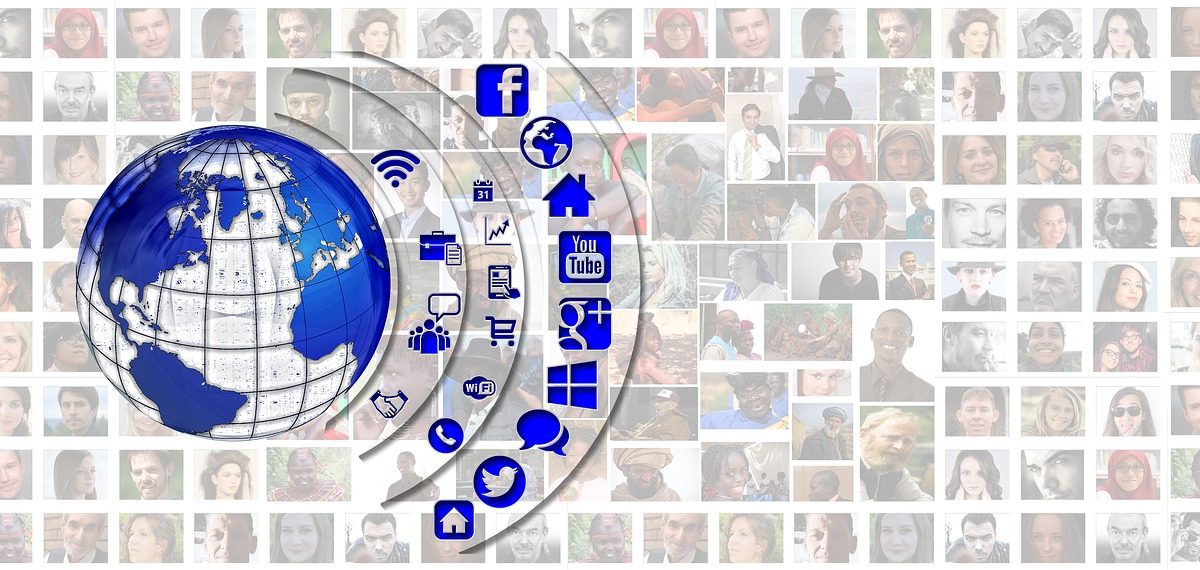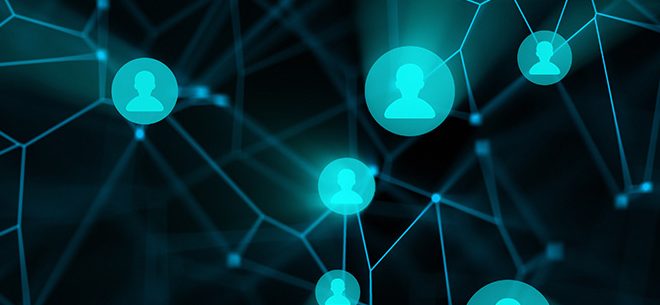A case of throwing the baby with the bathwater: Facebook API restrictions
Ever since the Cambridge Analytica scandal, there has been an ongoing debate about the privacy of social media data and ethical use of them. The role of Cambridge Analytica in the outcome of Brexit Referendum and the US presidential election is not crystal clear but how our private data was used is alarming. After the scandal, Facebook has introduced sweeping restrictions on APIs to quell the fears of its users. Application Programming Interfaces (APIs), in broad terms, are the channels through which we communicate with a system to retrieve information such as data from social media databases. Although indiscriminate limits on these channels seem like the right solution, especially considering the dangerous potential uses of private social media data, they are unnecessary and counter-productive for academic research.
Ethics? We’ve got them!
Firstly, it is unnecessary to impose these restrictions on scientific research because academics are the least likely group to mishandle private data. Academia has been dealing with intrusive research for decades and has been developing institutions to ensure the necessary respect for privacy. For example, we have ethics committees, institutional review boards, individual reviewers whose approval we should get before we even attempt to collect data. It would be an achievement in and of itself to get a potentially risky project approved in such a tightly supervised system. In a highly controlled setting such as academia, the indiscriminate API restriction serves no purpose but to hinder the research.
Facebook data begets research at a substantially lower cost
Secondly, the extensive restrictions are counter-productive for academic study because they are depriving researchers with limited funds from a vital data source. Before the scandal, APIs enabled researchers to utilize richer, more representative and -most importantly- cheaper data from Facebook. Concomitantly, there was a proliferation of research using social media data in a wide range of social science/humanities disciplines. These 131 articles using Facebook APIs compiled by Prof. Anja Bechmann couldn’t even exist without Facebook API access. Without APIs, researchers either have to collect the data directly from web interfaces (what you would see on the screen when you are on Facebook) or rely on alternative, neither of which are comparable options. Collecting data from the web interface is much more labor-intensive, limited in scope, and violates Facebook’s terms of services[1]. The only other viable alternative Twitter, on the other hand, offers data which are much more limited in scope and representativeness.
Is there a light at the end of the tunnel?
Fortunately, there have been some steps towards allowing researchers back in on the Facebook data. Facebook announced a new initiative to enable academics to use Facebook data to research the role of social media in elections, as well as democracy in general. At the moment, this initiative has produced Social Science One. However, this initiative is problematic in different ways such as the autonomy of research agenda, inequality of data access and so on. If you would like to read more about it, I would recommend taking a look at this piece by Marco Bastos and Shawn T. Walker and this open letter by Axel Bruns.
To conclude, I think there is no point in locking the academics out of Facebook data. I concede that there is an extreme risk of weaponization of private social media data; however, this is not a risk academics pose towards the public. It is a lot safer and beneficial to let academics to conduct their research transparently than indiscriminate restriction of access. After all, there is no need to throw the baby with the bathwater!

Sina Furkan Özdemir
Sina Furkan Özdemir is a PhD candidate at the Department of Sociology and Political Science, NTNU, working with Trondheim Analytica Project.




